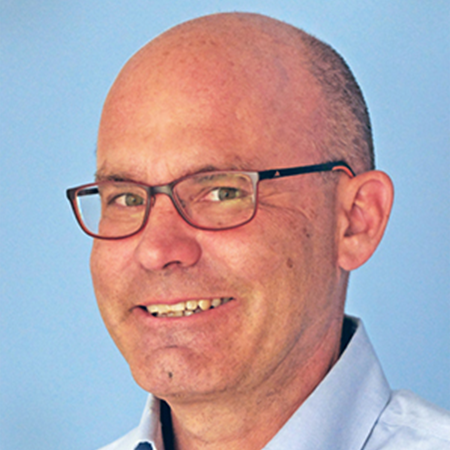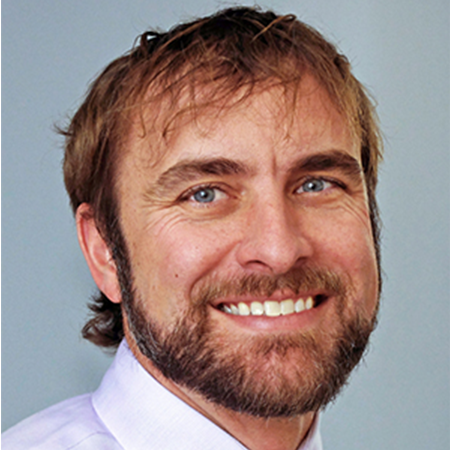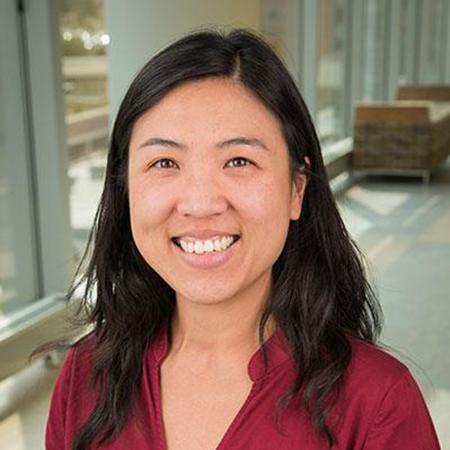In 2016, Colorado voters approved a new state law that provided medical aid in dying for terminally ill patients. This law authorizes a physician, who is identified as the attending physician, to prescribe a lethal dose of medications that results in death.
The experiences and perspectives of physicians who have provided medical aid in dying are not well known because the law keeps their identities confidential. As a result, these physicians are a “hidden population” who have not been comprehensively surveyed and studied to date.
In an article newly published online by the Journal of General Internal Medicine, researchers from the University of Colorado School of Medicine report the results of a survey designed to reach physicians most likely to care for patients seeking medical aid in dying.
Survey helps provide clarity for physicians
About 20% of the U.S. population live in states where providing medical aid in dying is legal, so understanding the experiences of physicians who provide medical aid in dying can help clarify the professional obligations, barriers, and ethical challenges.
The survey, which allowed physicians to remain anonymous, used the Colorado All Payer’s Claims Database and other data sources to strategically send the survey to Colorado physicians treating terminally ill patients most like those who were prescribed aid-in-dying medication.
Between 2017 and 2020, a total 554 patients were prescribed aid-in-dying medication, according to data from the Colorado Department of Public Health and Environment. The state also reports that 472 attending physician forms were submitted during that period. Because those names remain confidential by state law, researchers were unable to obtain a list of those physicians.
Additionally, the department itself is not authorized by state law to follow up with those physicians.
Led by Eric G. Campbell, PhD, professor of medicine and director of research for the CU Center for Bioethics and Humanities, the research team designed a survey process intended to reach
physicians who fit the profile of those caring for these terminally ill patients. In total, they contacted 583 physicians and received 300 survey responses.
“Our goal was to provide unbiased, scientifically rigorous, empirical data to inform the ongoing debate on medical aid in dying,” Campbell says. “As researchers, we have no personal or professional interests or intentions in either encouraging or discouraging the practice in Colorado or elsewhere.”
The survey found that 81% of surveyed physicians were willing to discuss medical aid in dying with a patient and that 88% would make referrals for patients to receive medical aid in dying medications. Slightly less than half (46%) were willing to be the consultant in such cases and 28% said that would be willing to serve as an attending. State law requires in every case that there be independent consulting and attending physicians. In terms of cases, 27% had referred a patient, 13% have been a consultant, and 8.5% had been an attending.
“Taken together, these findings should be reassuring to policy makers, proponents, and patients seeking medical-aid-in-dying information and services in Colorado,” Campbell says. “There are more physicians who are willing to provide medical aid in dying than there are those who actually did. Of course, these findings will likely be seen as distressing by those who oppose the practice of medical aid in dying on moral, religious, or political grounds.”
The barriers and effect of medical aid in dying on physicians
The survey also explored the barriers reported by physicians related to participating in medical aid in dying. Overall, lack of knowledge was reported by 47% of respondents, and the emotional and time investment, 47% and 42% respectively. Additionally, 41% reported ethical concerns were a moderate or large barrier to their participation.
Hillary Lum, MD, PhD, associate professor of medicine in the Division of Geriatrics, and study team member, explained, “Our findings call for more research to better understand the nature, extent, and consequences of the ethical challenges physicians face when providing medical aid in dying, and how these affect patients, their families, and society.”
Finally, the study found the providing medical aid in dying had positive and negative effects on physicians. Three-quarters of respondents reported this service was emotionally fulfilling and professionally rewarding. However, large percentages reported feeling that providing medical aid in dying was time consuming and ethically challenging.
Matthew DeCamp, MD, PhD, associate professor of medicine and an ethicist on the research team, says: “Whether or not you support medical aid in dying, we need to understand the experiences of physicians who engage in the practice. Knowing those experiences can help inform the ongoing debate about aid in dying.”
This research was funded by a grant from the bioethics grants program Making a Difference in Real-World Bioethics Dilemmas of The Greenwall Foundation.






